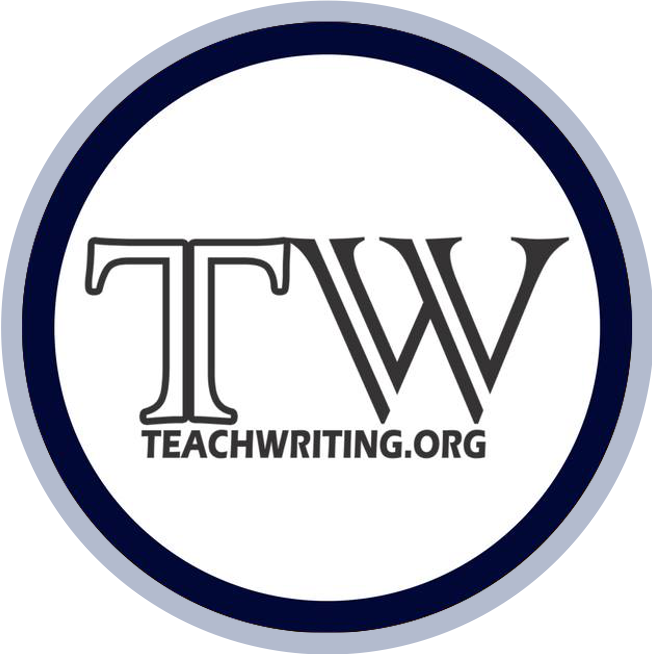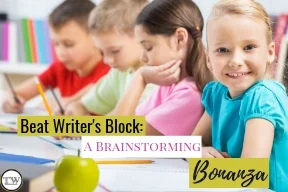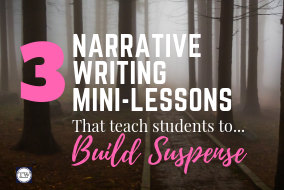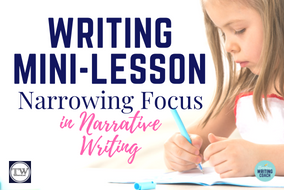To me, learning how to brainstorm is a critical skill to advance the writing process. Students genuinely need direct instruction and allocated time to practice how to brainstorm. Without teaching this skill, students are likely to deem it fruitless, skip to outlining, and eventually find themselves in a writing rut.
Read MoreIt’s that time of year where things are finally starting to click. The procedures have been modeled and practiced, the writing tools have been introduced, and the writing stamina is starting to grow.
Read MoreHere are my 3 favorite narrative writing mini-lessons that will have your students writing spooky Halloween stories that build suspense for their readers.
Read MoreStay in the know! Read to find out how you can stay supported with incorporating genres of writing into your classroom! Gain support with Narrative Writing, Creative Writing and Poetry!
Read MoreA HUGE mistake I see many Elementary writers make is trying to write a story about a topic that’s too broad. Instead of focusing on a small slice or seed of the story, they try to cover EVERYTHING that happened from when they woke up to when they went to bed. Here is a mini-lesson that will help your students narrow their focus to a specific event.
Read MoreThere is nothing more exciting than getting to know your new students during the first few days and weeks of school! When I think about back to school lesson planning, I am always eager to create lessons that allow me to get to know my students on both personal and academic levels.
Read MoreIncluding a reference section in student writing notebooks is essential! Read to learn more about ways to set up the resource reference section and to gain suggestions on types of resources to include. Students will become more independent writers when writing skills and strategies are at their fingertips!
Read MoreIn order for students to learn to effectively write responses to text, we must teach them how to cite evidence and explain it. Here is an easy formula to teach students how to write an effective response to text.
Read MoreGrabbing and holding the reader's’ attention is what makes or breaks a story. I don’t know any teachers who get excited to read 30 narratives that begin with the same boring opener. I have taught 2nd - 6th grade and I expect more from my students. The lead is an important element of the story and should take effort and thought.
Read MoreOne area of narrative writing that my students continue to need practice is with elaborating details. When my students write to tell a story, they generally want to get the information out in the shortest way possible. Getting them to stop the story and elaborate on details is often a challenge. Adding descriptive details is a learned skill in which students need to be given support and lots of practice.
Read MoreI love how poetry blends writing and art. It is so beautiful and creative, yet often a challenge for young writers. I also enjoy taking two unrelated skills and marrying them together.
Read More










